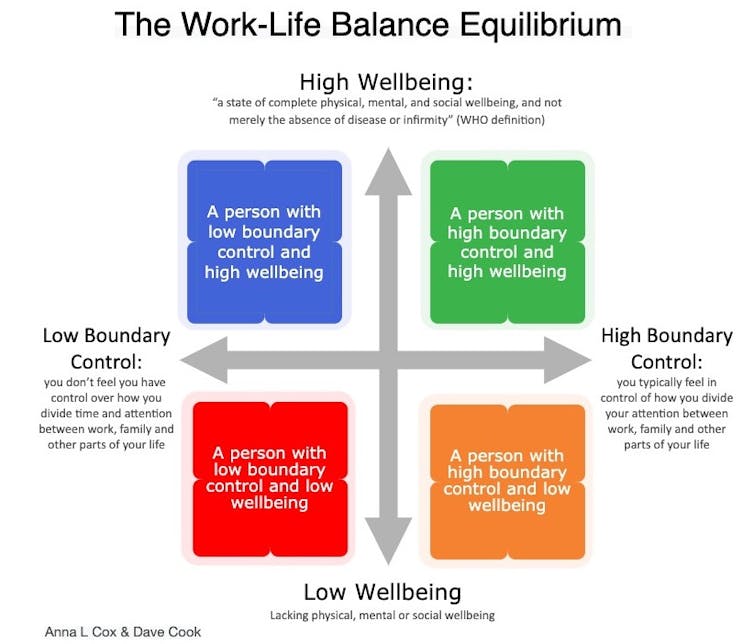RELEVANCE : Sociology
Stratification and Mobility: Dimensions – Social stratification of class, status groups, gender, ethnicity and race
NEWS IN SHORT:
- A study finds that people belonging to the LGBTQ community suffer additional familial conflicts than their heterosexual counterparts.
- Corporate giants have realised that giving their employees more time with their families would reduce work-related conflicts at home for them.
- 3-7% of Indians belong to LGBTQ
Statistics from the Wilson Institute of Law that three to seven per cent of Indians belonged to the LGBT community, and the segment of queer has not yet been evaluated as they have varied identities which are yet to be known.

SOCIOLOGICAL PERSPECTIVE:
- Sociological Perspectives on Sexual Orientation and Inequality Functionalist Perspective Theorists in this perspective examine how society maintains our social order. Émile Durkheim argued that our social order depended on how well society could control individual behavior.
- Our most basic human behavior—our sexuality—is controlled by society’s norms and values.
- Functionalists identify how society upholds heterosexuality and a marital union between a man and a woman as ideal normative behavior.
- This is also referred to as institutionalized heterosexuality, the set of ideas, institutions, and relationships that define the heterosexual family as the societal norm (Lind 2004)
Interactionist perspective
- Interactionists examine how sexual orientation is constructed within a social context. We tend to think of heterosexuality as unchanging and universal; however, Jonathan Katz explains how the term is a social invention that “designates a word and concept, a norm and role, an individual and group identity, a behavior and a feeling, and a peculiar sexual political institution particular to the late nineteenth and twentieth centuries” (2003:145).

